 Maintaining mindfulness during summer can be a difficult task for parents. Summer, for many children, represents a time of unstructured play, relaxation, and freedom from the rigorous schedules of the school year. My summer break consisted of waking up to watch cartoons, going for a bike ride, meeting up with friends at the park, and late late-night video game playing. While this break is essential for mental and emotional recharging, it can also introduce certain pitfalls that parents should be mindful of. The summer is a paradise for children and if not planned correctly can feel like a dystopia for parents. This article will explore ways to maintain mindfulness during the summer
Maintaining mindfulness during summer can be a difficult task for parents. Summer, for many children, represents a time of unstructured play, relaxation, and freedom from the rigorous schedules of the school year. My summer break consisted of waking up to watch cartoons, going for a bike ride, meeting up with friends at the park, and late late-night video game playing. While this break is essential for mental and emotional recharging, it can also introduce certain pitfalls that parents should be mindful of. The summer is a paradise for children and if not planned correctly can feel like a dystopia for parents. This article will explore ways to maintain mindfulness during the summer
As a therapist, I have observed that maintaining a balance during summer is crucial to ensure that children continue to benefit from the mindfulness skills developed during the school year. In this article, we will explore four things parents should help their children avoid in the summer, four pitfalls of summer for children, and four healthy alternatives for play, all while continuing mindfulness practices.
Four Things Parents Should Help Their Children Avoid in the Summer
- Excessive Screen Time
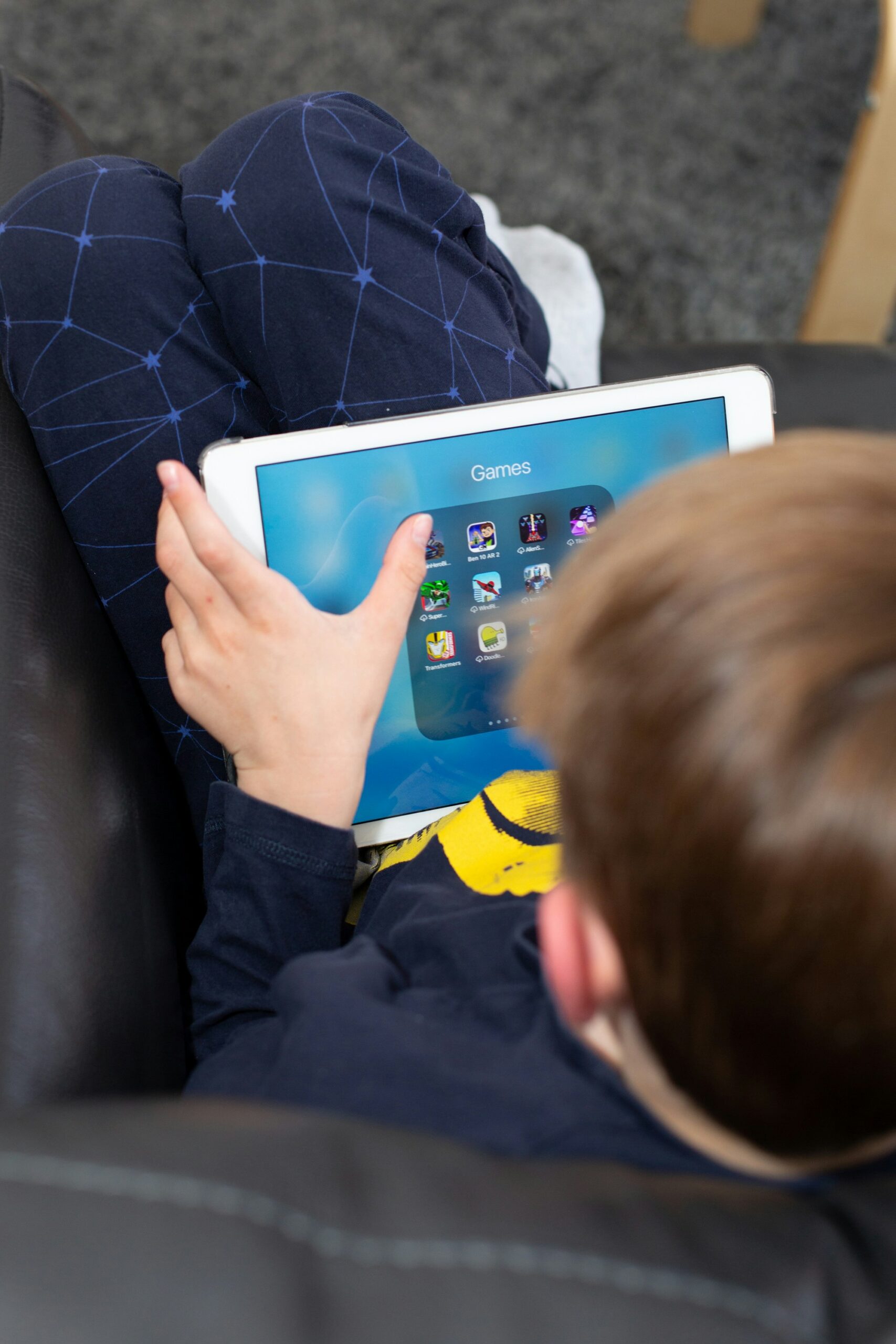
- Why It’s Harmful: Excessive screen time can lead to reduced physical activity, impaired social skills, and increased risk of mental health issues such as anxiety and depression. It can also disrupt sleep patterns which can make transitioning back to regular sleep patterns extremely challenging.
- Mindfulness Tip: Encourage mindfulness practices by setting screen time limits and promoting activities that require presence and engagement, such as reading a book or playing a board game. To ensure these activities are fun I encourage parents to be active participants in the board game or reading.
- Lack of Routine
- Why It’s Harmful: A complete lack of routine can lead to feelings of instability and anxiety in children. Routines provide a sense of security and help manage expectations. Routines help build predictability and structure.
- Mindfulness Tip: Establish a flexible but consistent daily routine. Include family meals, outdoor play, and quiet time to read or meditate. Also, remember to have fun when creating schedules and routines. Be mindful to include fun activities and not just tasks and chores.
- Over-Scheduling
- Why It’s Harmful: Filling every moment of a child’s day with structured activities can be overwhelming and prevent them from enjoying unstructured play, which is crucial for creativity and relaxation.
- Mindfulness Tip: Balance scheduled activities with free time. Teach children to use this free time mindfully, whether through quiet reflection, creative play, or simply enjoying nature. It is also helpful to include free time on schedules.
- Neglecting Physical Activity
- Why It’s Harmful: Physical activity is essential for physical health, emotional well-being, and cognitive development. A lack of physical activity can lead to various health problems. Incorporating physical activity at a young age allows children to develop healthy habits and reduce stress.
- Mindfulness Tip: Integrate physical activity with mindfulness practices. Activities like yoga, hiking, or even simple stretching exercises can be both physically beneficial and calming. You can also utilize classic games that still work such as tag, Simon Says, scavenger hunts, and water balloon toss.
Four Pitfalls of Summer for Children
Loss of Academic Skills
- The Pitfall: The “summer slide” is a well-documented phenomenon where children lose some of the academic gains made during the school year.
- Mindfulness Solution: Incorporate learning into everyday activities in a fun and engaging way. Mindful learning can involve educational games, visiting museums, or even cooking together while discussing measurements and ingredients. Creating fun games like playing diner and paying for the food with fake money, outdoor math games, geography bingo, and storytelling relay.
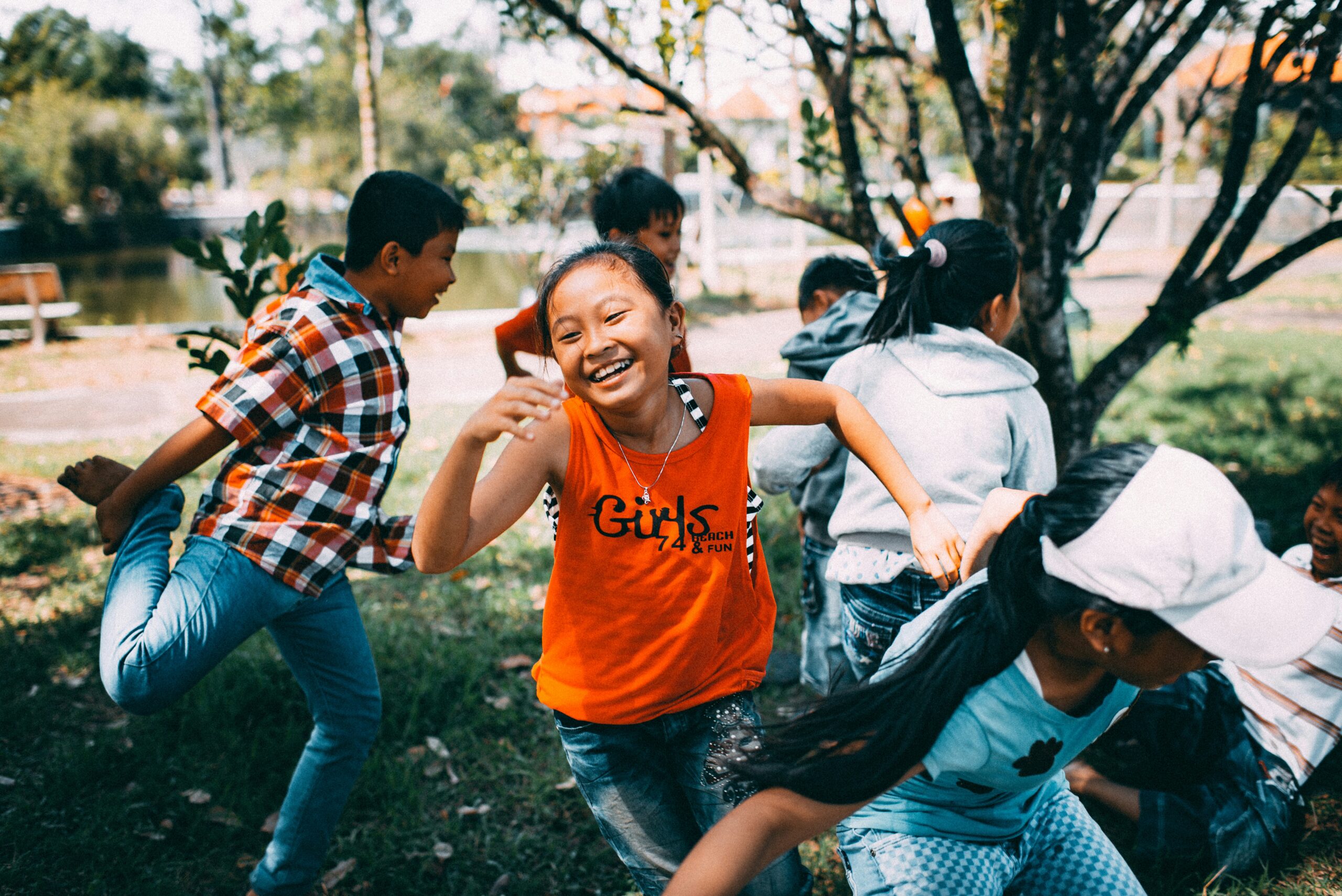 Social Isolation
Social Isolation
- The Pitfall: Without the daily interaction with peers that school provides, some children may experience social isolation. Social isolation can impact mental health, stunt social development, and can increase the risk of behavioral problems.
- Mindfulness Solution: Arrange playdates, family gatherings, or community activities that allow children to interact with others. Encourage mindful socialization, where children practice active listening and empathy. A great resource is your public library which will usually offer different classes for youth related to reading, music, and science and they can interact with other children.
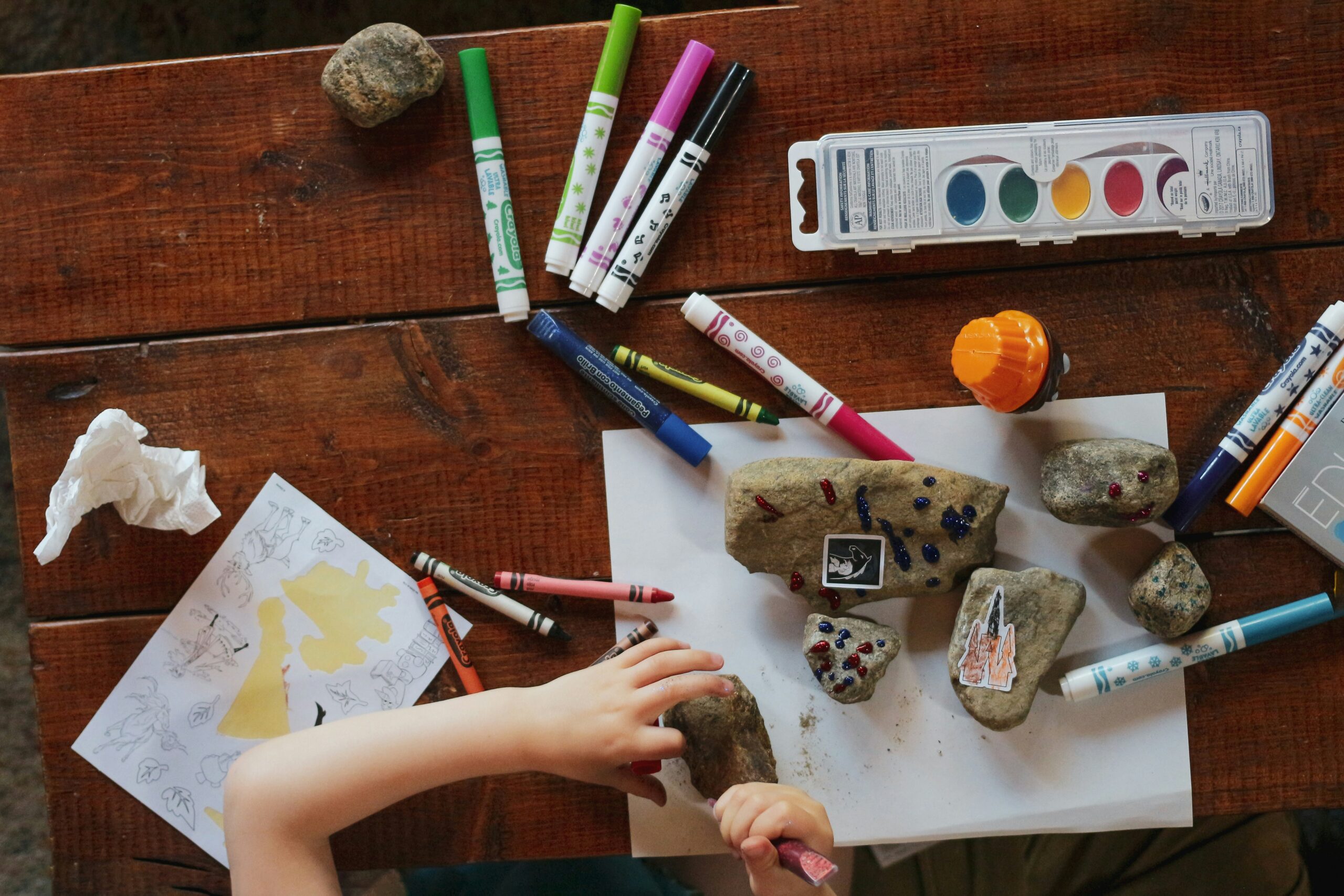 Unstructured Time Leading to Boredom
Unstructured Time Leading to Boredom
- The Pitfall: While unstructured time is important, too much of it can lead to boredom and unhealthy habits. What we are looking for is a balance between structured and unstructured time.
- Mindfulness Solution: Help children develop a list of mindful activities they enjoy, such as drawing, reading, or gardening. These activities should encourage them to be present and engaged.
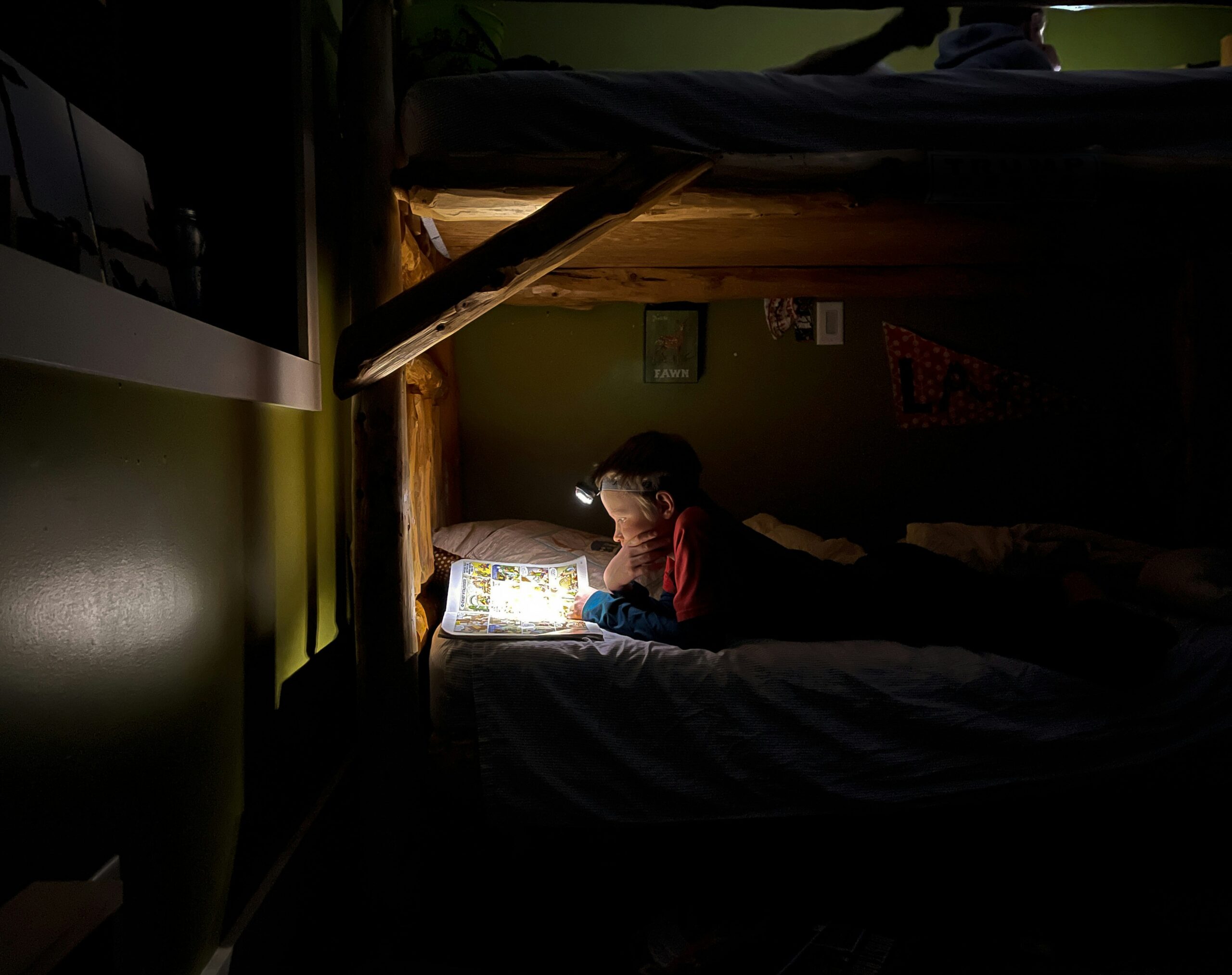 Disrupted Sleep Patterns
Disrupted Sleep Patterns
- The Pitfall: Late nights and inconsistent sleep schedules can affect a child’s mood, energy levels, and overall health. Disrupted sleep patterns during the summer can have significant negative consequences on cognitive functioning, emotional well-being, and physical health.
- Mindfulness Solution: Maintain a consistent bedtime routine, incorporating calming activities like reading or guided meditation before bed. This can help ensure children get the rest they need. It is easier to keep bedtime routines when we don’t get rid of them during school breaks. This will make the transition period back to school easier for both the parent and the child.
Four Healthy Alternatives for Play
- Nature Walks and Outdoor Exploration
- Mindfulness Benefit:
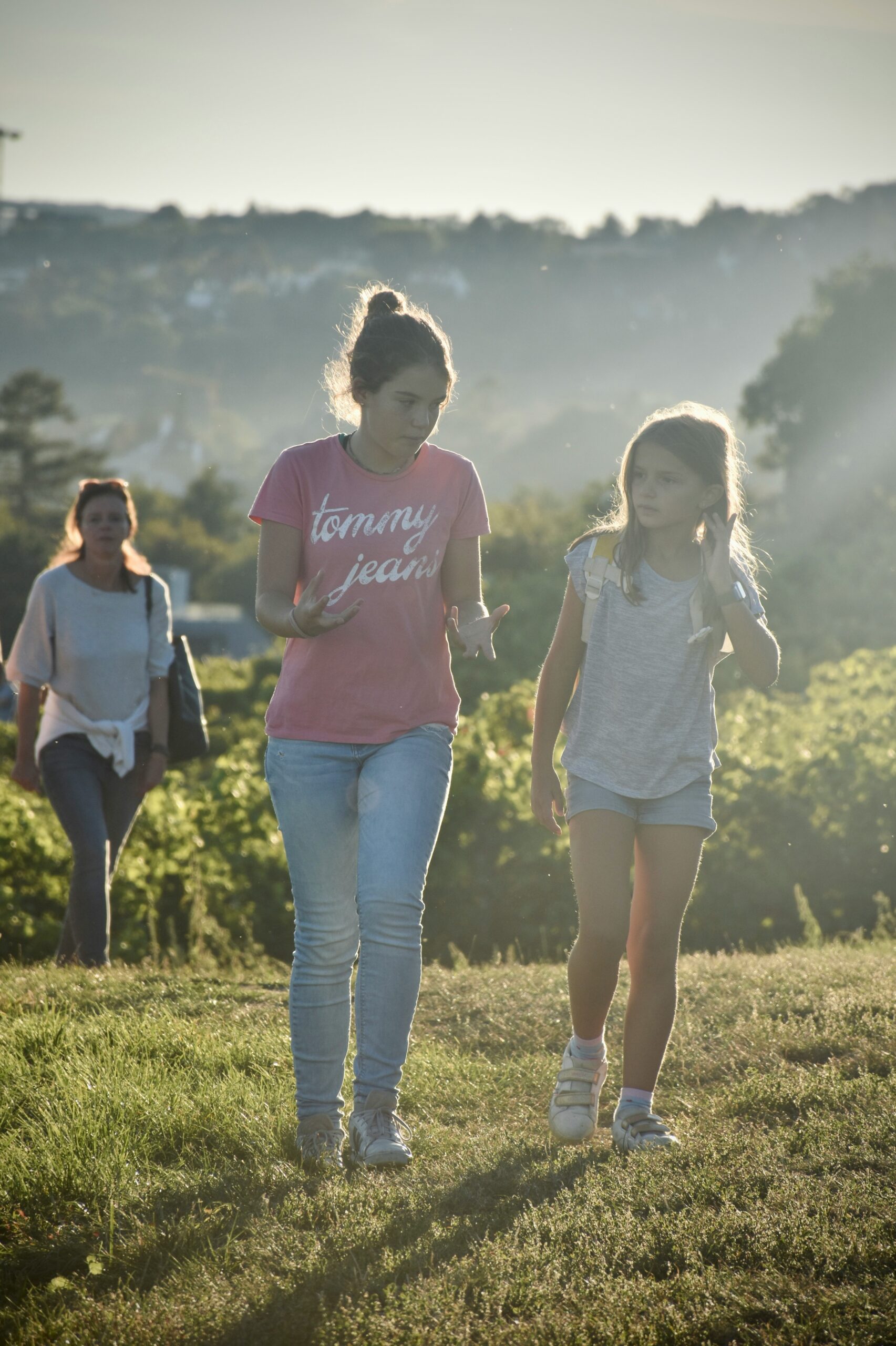 Nature walks and outdoor exploration provides an opportunity for children to engage their senses and connect with the natural world. This practice can enhance focus, reduce stress, and improve emotional regulation.
Nature walks and outdoor exploration provides an opportunity for children to engage their senses and connect with the natural world. This practice can enhance focus, reduce stress, and improve emotional regulation. - Activity Idea: Plan regular family hikes or visits to local parks. Encourage children to observe their surroundings mindfully, paying attention to the sights, sounds, and smells of nature. Nature scavenger hunts and nature walk bracelets are fun and creative ways to enhance walks with children.
- Mindfulness Benefit:
- Mindful Arts and Crafts
- Mindfulness Benefit: Arts and crafts allow children to express their creativity and focus their attention on the present moment. This can be a soothing and enjoyable way to practice mindfulness.
- Activity Idea: Set up a creative space at home where children can paint, draw, or engage in other crafts. Encourage them to pay attention to the textures, colors, and patterns they create. As always I encourage parents to be active participants in the craft and not just bystanders.
- Sensory Play
- Mindfulness Benefit: Sensory play activities engage a child’s senses and promote mindfulness by encouraging them to focus on the tactile, visual, and auditory experiences.
- Activity Idea: Create sensory bins filled with items like sand, water beads, or rice. Provide tools for scooping and pouring, and let children explore these materials mindfully.
- Family Meditation and Yoga
- Mindfulness Benefit: Meditation and yoga practices help children develop mindfulness skills, enhance physical well-being, and improve emotional regulation.
- Activity Idea: Practice yoga or guided meditation together as a family. Use online resources or apps to find kid-friendly sessions that can be enjoyed by all ages.
Tips for Parents: Maintaining Mindfulness During Summer
- Model Behavior

- Strategy: Children learn by observing their parents. Demonstrate mindfulness through your actions, such as deep breathing exercises, maintaining a routine, and showing gratitude.
- Practical Application: Let your children see you practicing mindfulness. For example, take a moment to breathe deeply together before starting a meal or a new activity. You can also try bedtime yoga with your child.
- Prepare for Tomorrow
- Strategy: Establish a habit of reviewing the next day’s schedule before bedtime. This helps children feel prepared and reduces anxiety about the unknown. Routines help build predictability.

- Practical Application: Discuss the upcoming day’s activities with your child, emphasizing any mindfulness practices you plan to incorporate, such as a morning walk or a meditation session.
- Strategy: Establish a habit of reviewing the next day’s schedule before bedtime. This helps children feel prepared and reduces anxiety about the unknown. Routines help build predictability.
- Adjust Schedules with Time
- Strategy: Gradually adjust bedtimes and wake-up times as the end of summer approaches to ease the transition back to school routines.
- Practical Application: Start practicing the back-to-school routine a week before school starts. Make it fun by timing how quickly your child can get ready in the morning and trying to beat their time each day.
- Meet Your Team
- Strategy: Establish communication with your child’s school before the new year begins. Discuss any mindfulness practices you’ve found beneficial and how they can be supported at school.
- Practical Application: Schedule a meeting with your child’s teacher or principal to discuss mindfulness strategies and how they can be integrated into the classroom environment.
Conclusion: Maintaining Mindfulness During Summer
Summer presents both opportunities and challenges for maintaining mindfulness during summer. By being aware of potential pitfalls such as excessive screen time, lack of routine, over-scheduling, and neglecting physical activity, parents can take proactive steps to create a balanced and mindful summer experience. Encouraging healthy alternatives for play, such as nature walks, arts and crafts, sensory play, and family meditation, can enrich a child’s summer while promoting mindfulness.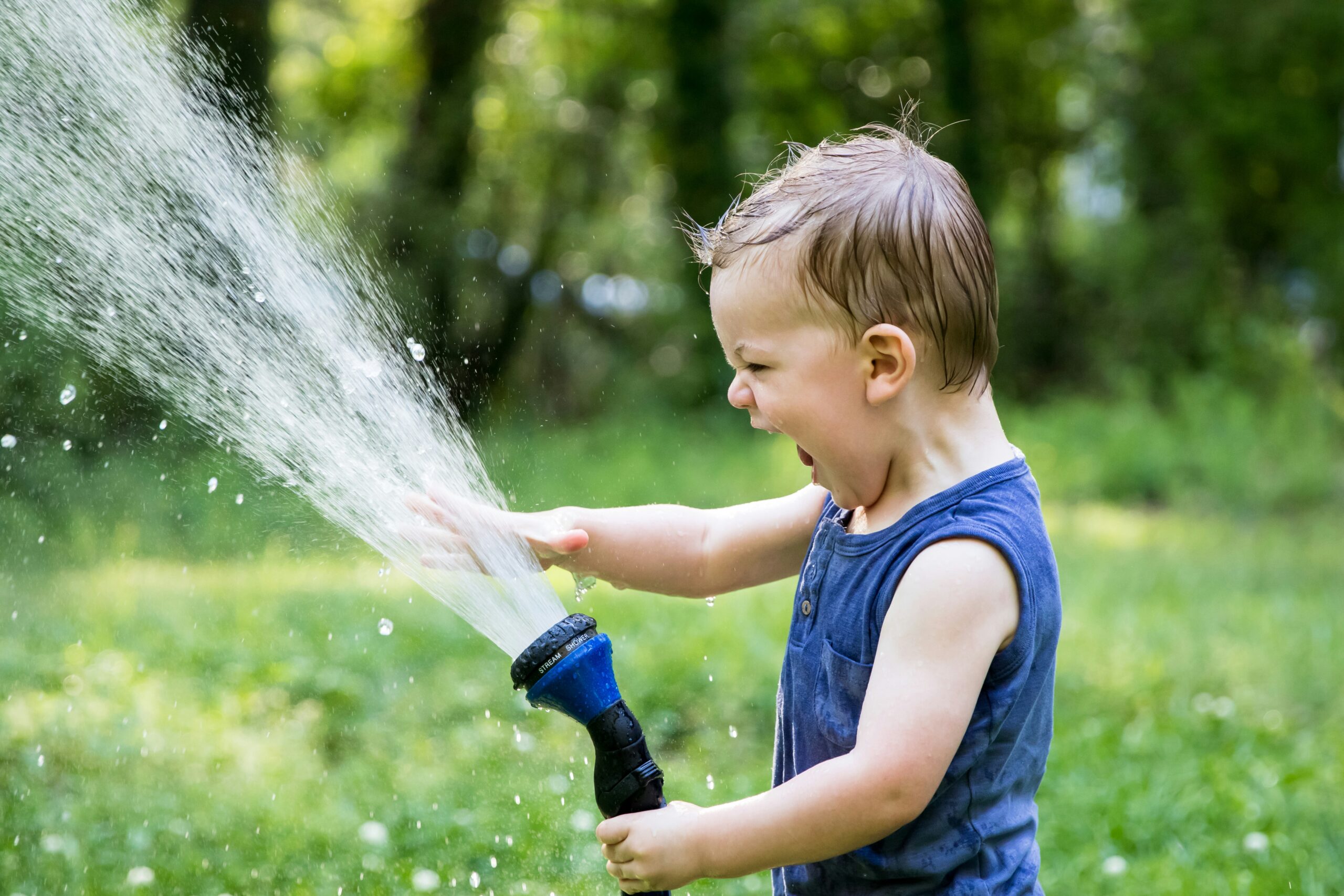
Mindfulness is not just a practice but a way of living that can benefit both parents and children. By modeling mindful behavior, preparing for each day mindfully, adjusting schedules gradually, and collaborating with educators, parents can help their children retain and even strengthen their mindfulness skills during the summer. This not only prepares them for the upcoming school year but also contributes to their overall well-being, resilience, and emotional intelligence.
Maintaining mindfulness during summer does not require significant time or effort, but it can yield substantial benefits. It can transform unstructured time into an opportunity for growth, relaxation, and connection, ensuring that the summer break is a period of rejuvenation and mindful enjoyment for everyone involved.
Explore Our Services at Bright Idea Counseling:
At Bright Idea Counseling, we offer a wide range of therapy services tailored to meet your unique needs. From individual and family therapy to specialized programs for stress management and mental health, our experienced team is here to support you every step of the way.
To learn more about how we can help you and your loved ones, click the link below.
Discover the Support Your Family Deserves
At Bright Idea Counseling, we understand that every family faces unique challenges and stresses. Whether you’re navigating the ups and downs of daily life or encountering more complex issues, our dedicated team is here to help.
Don’t face these challenges alone. Reach out to us today to learn more about our personalized therapy services and see how we can support your family’s journey toward well-being and harmony. Contact us now to schedule a consultation and take the first step towards a brighter tomorrow with Bright Idea Counseling.



